Organ Transplant
Bone marrow transplantation
Bone marrow is sponge-like tissue. It is found within the central hollow of the long bones. It contains stem cells which produce new blood cells.
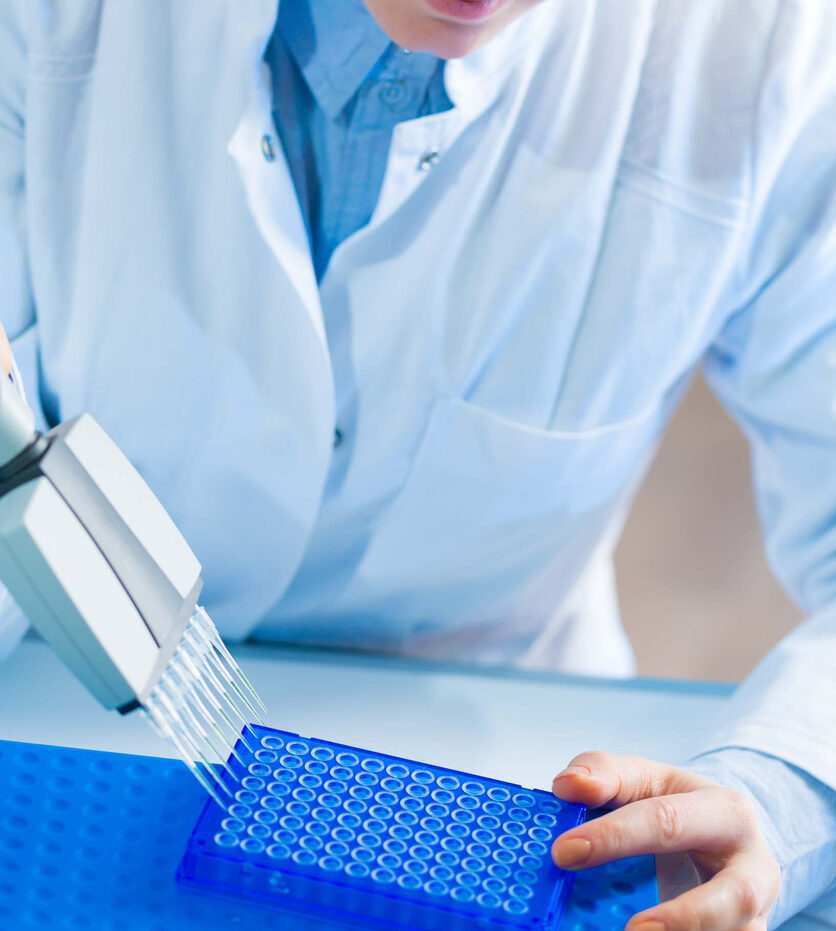
Types of Bone Marrow Transplant:
- Autologous bone marrow transplant- The patient’s own stem cells are taken before radiation or chemotherapy
- Allogeneic bone marrow transplant- Stem cells are taken from the donor who is usually a close family member of the patient, or another matching donor
- Umbilical cord blood transplant- Stem cells from the umbilical cord are taken, immediately after the birth of the infant.
Why is it needed?
- Cancerous conditions – lymphoma, leukemia, and multiple myeloma
- Sickle cell anemia
- Thalassemia
- Aplastic anemia
- Severe immunodeficiency syndromes
- Congenital neutropenia
- Destruction of the bone marrow because of chemotherapy used to treat some cancers and Hodgkins disease.
Facts and figures
- E. Donnel Thomas first theorized transplanting bone marrow. He received Nobel Prize in Physiology-Medicine
- Minnesota University’s Robert A. Good performed first allogeneic transplantation (successful)
- National Bone Marrow Donor Registry / National Marrow Donor Program was founded in 1986. More than 4 million donor volunteers provide services in approx. 14 countries
Advantages
- After transplantation, the donor’s marrow reaches the patient’s bone cavity to produce a normal quantity of healthy blood cells
- Extends the patient’s life and improves life quality

Disadvantages
- The risk to develop Graft –Versus- Host disease
- Growth of children may be delayed after transplant
Preoperative Preparation
- Full-body physical examination
- Blood test, liver and kidney function tests
- Urinalysis
- USG of the abdomen, CT scan
- Relatives and patient are informed regarding the procedure, including risks and follow up care
- Surgeon consultation week before to ascertain medicine required and medicines stopped
- Have an arrangement with family and/or friends for help after surgery
- Arrangement of blood transfusion, if required during or post-surgery
- Preparation of home as required for recovery after surgery
- Do not drink or eat post after midnight, the night before surgery
- Medical tourist is advised to plan maximum time for a trip
- Up to 2 catheters are inserted to large blood vessels before transplantation to receive fluids, treatment etc
Post operative care
- Usually, 6-4 weeks of hospital stay is prescribed post-surgery. Vital signs are monitored and medication is given to avoid infection.
- Some patients require a blood transfusion.
- Intravenous fluids are given till diarrhea, mouth sores and nausea are cleared.
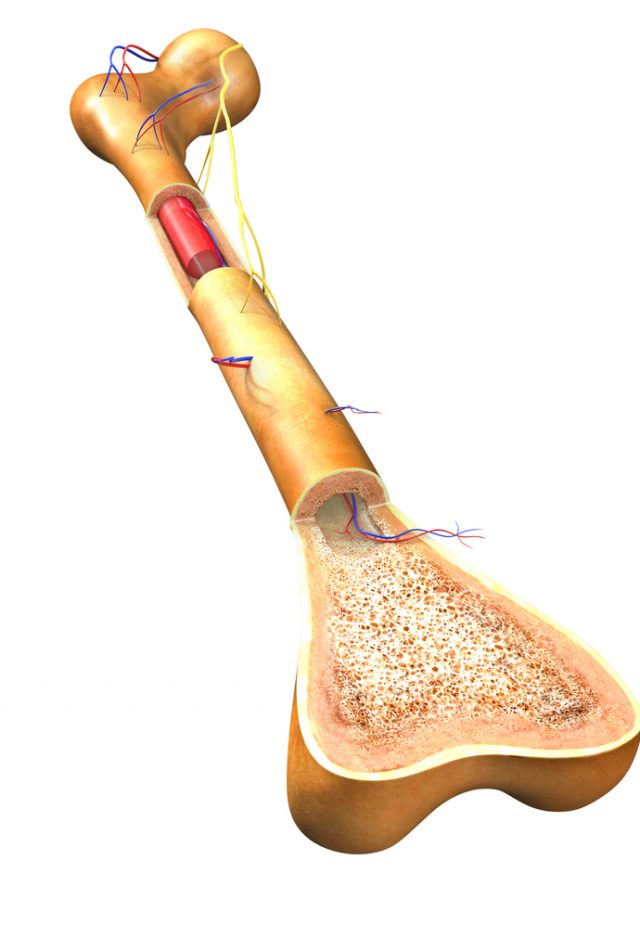
Engraftment
- Engraftment is the process when bone marrow is accepted by the patient’s body. A regular blood count is taken to monitor engraftment.
- Full recovery can happen within 3-6 months.
Kidney Transplantation
Kidney transplantation is performed to replace diseased or malfunctioning kidney with a healthy kidney of a dead or living donor. The replaced kidney functions normally just as the original. The kidney donor maybe
- Living relative –a close relative of a patient, such as a sibling, parent or child
- Living un-related- spouse or friend
- Deceased donor- recently dead person did not have known chronic kidney disease
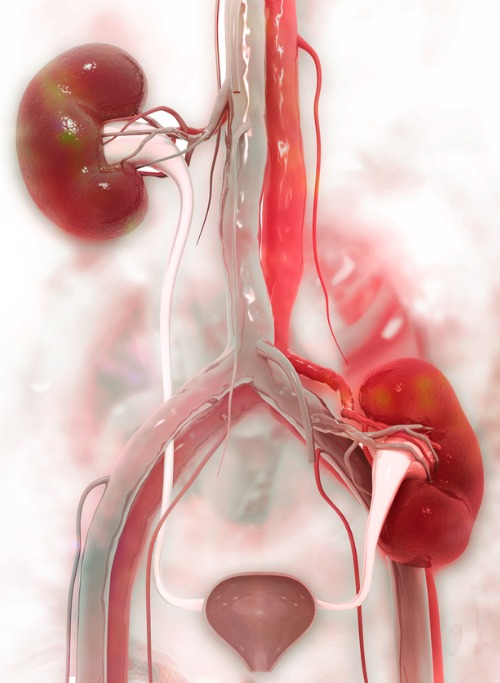
Why is it needed?
Kidney transplantation is advised in the case of last/ end-stage renal disease or kidney failure due to :
- Chronic glomerulonephritis
- Tuberculosis, chronic pyelonephritis or other long term infection
- Diabetic nephropathy
- Congenital defects like polycystic kidneys
- Tumors
- Uncontrolled hypertension
- Obstructions due to calculi
Facts and figures
- National Kidney Foundation has estimated that approximately 350,000 people in the US suffer from End-stage renal disease
- 67,000 people die from kidney failure annually
- On average, approx 16,000 kidneys are transplanted annually in the US
- First human-to-human kidney transplant was performed in 1911, by Dr. L.J. Hammond, Philadelphia
Risk and Complications
- Reaction to medication or anesthesia
- Breathing problems
- Bleeding
- Kidney rejection
- Infection
- Bladder leakage
- Internal organ damage
- Death
Advantages
- Kidney transplant extends patient life
- Dialysis not required after kidney transplantation, thus saving patient’s energy, time and money
- Improves the quality of life of the patient as he can eat normal food

Disadvantages
- After kidney transplantation, the patient has to take immunosuppressive medicines lifelong
- Long waiting period
- The patient becomes susceptible infection due to immunosuppressive medicines
Preoperative Preparation
- Full-body physical examination
- Blood, urinalysis
- USG, X-Rays, ECG, etc
- After eligibility, patients have to wait for a donor’s kidney
- Relatives and patients are informed about the procedure, including the risks as well as follow up care
- The surgeon should be consulted week before to know medicine requirement and medicines stopped
- Have an arrangement for help after surgery with family and friends
- Arrangement of blood transfusion, during or post-surgery
- Preparation of home for recovery after surgery as advised
- Do not drink or eat anything post-midnight, the night before surgery is scheduled
- Medical tourists are advised to prepare for a long trip
Post operative care
- The patient is kept in the ICU post-surgery for 3-4 days. Vital signs are monitored and after the patient stabilizes, he/she is shifted to a room and monitored. Up to 3 weeks of hospital stay is possible
- A liquid diet is prescribed post-surgery. The patient can eat low salt solids gradually
- The patient can slowly walk then resume daily life gradually
- Patients are taught how to change dressing etc. Any symptom/s of infection or rejection before hospital discharge is monitored. Patients have to take extreme care for the first 3 months after surgery to avoid infections.
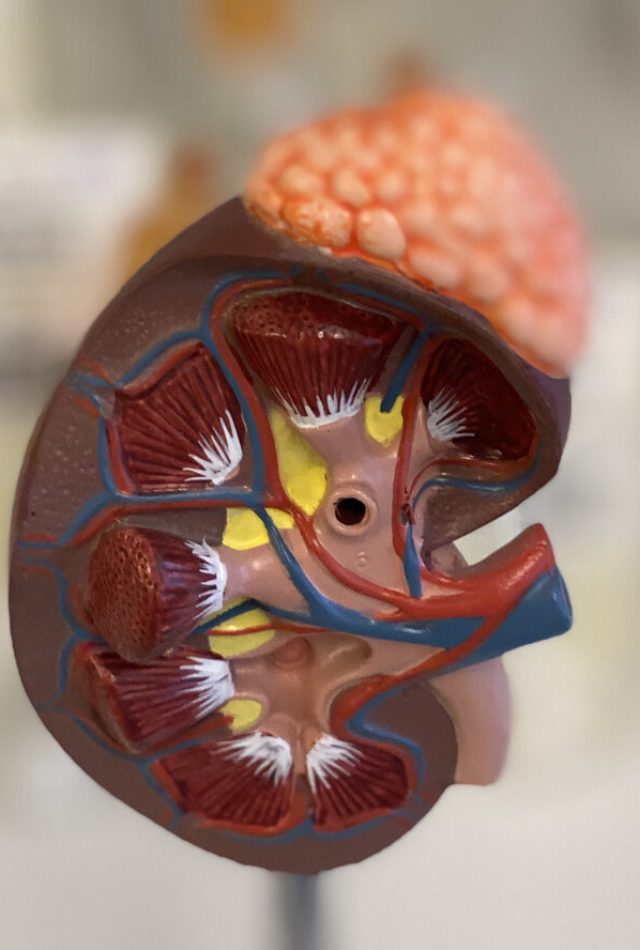
Dos, Don’ts and Precautions
- Do follow the doctor-prescribed diet. The patient has to eat food which has less salt
- Follow –up regularly while monitoring signs of infection and rejection
- Liquid diet is prescribed post-surgery. Low salt solids are to be included in the diet gradually
- The patient should walk slowly first, then start to resume normal day to day activities
- Patients are instructed about their dressing care, how to monitor symptoms of infection or rejection etc before being discharged from hospital.
- Patients have to be extremely careful after surgery to avoid infections
Kidney Transplantation patients have to consume immunosuppressive medicines lifelong. Complete recovery can take about 6 months. Post-transplant, constant medical care and doctor guidance can prevent complications. Successful transplantation can help the patient to live a healthy and long life.
Liver Transplantation
Liver transplantation is the surgery performed to replace diseased liver with healthy liver from any organ donor.
Types of liver transplantation procedures:
- Orthotropic Transplantation – The whole diseased liver is replaced with healthy liver. It’s the most common liver transplantation procedure performed.
- Heterotrophic Transplantation – Diseased liver is not removed. Additional donor liver is put at another site
- Reduced-Size liver Transplantation – Whole diseased liver is replaced by portion of healthy liver donated. This procedure is commonly performed for children.
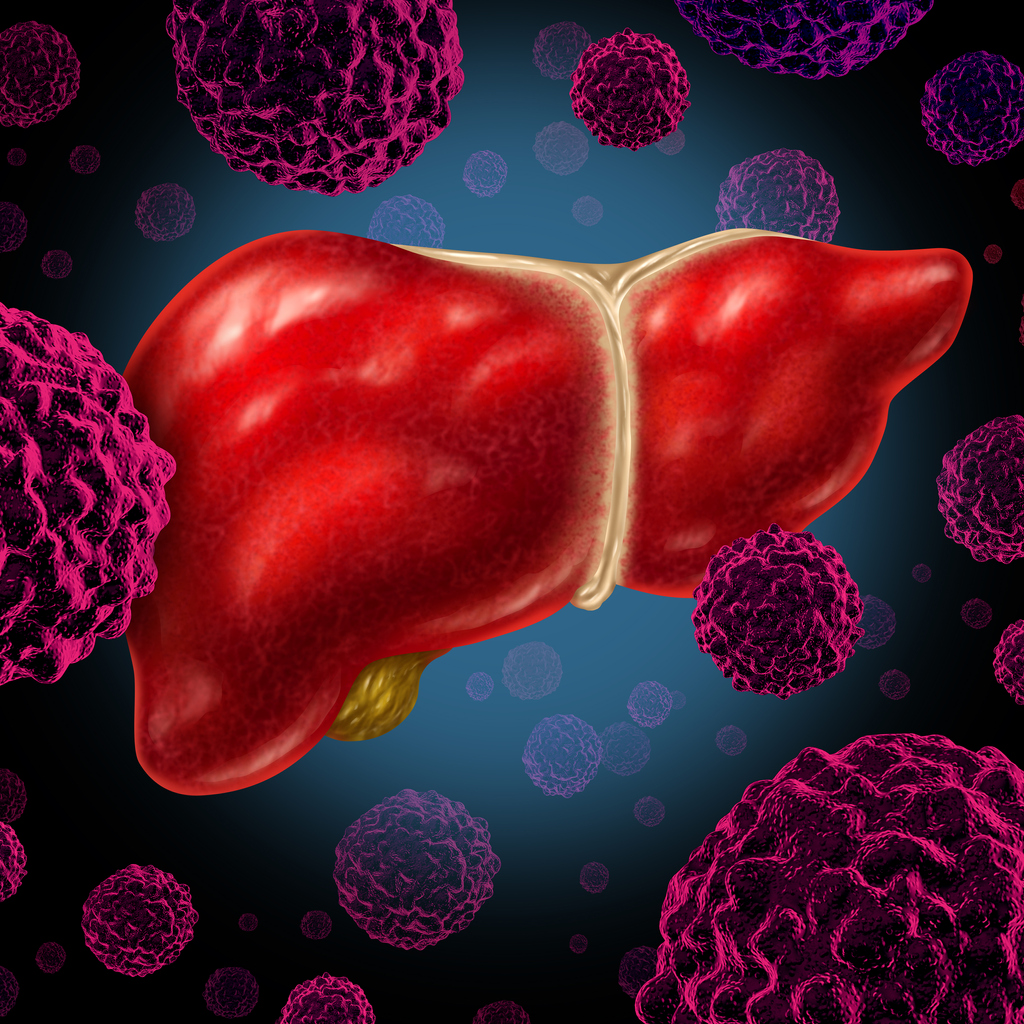
Why it is needed?
Transplantation of liver is advised for patients who has last/ end stage of liver disease, but otherwise fit, fulfilling criteria for liver transplantation. Conditions in which liver transplantation is prescribed includes:
- Liver Cirrhosis – caused due to chronic alcoholism or for some unknown reason
- Chronic liver disease(Hepatitis) which leads to irreversible scarring of the liver and billiary system
- Acute liver failure
- Cryptogenic liver disease
- Biliary atresia –incomplete development of bile duct, is common reason for transplantation in children
Advantages
- Successful liver transplantation saves the lives of dying patients. Approximately 75-80% patients live for 3 or more years after transplantation
- Patients can lead a completely normal life after transplantation

Disadvantages
- It is very expensive
- Long waiting period for healthy donor organ
- Patient has to take immunosuppressive drugs lifelong. Transplantation may make patients more susceptible to develop infections.
- Patients might suffer from different side effects due to steroids or medicines
- Transplant rejection. It occurs in approx 2to 5% of all patients
Preoperative Preparation
- Full-body physical examination
- Blood test, liver and kidney function tests
- Urinalysis
- USG of the abdomen, CT scan
- Relatives and patient are informed regarding the procedure, including risks and follow up care
- Surgeon consultation week before to ascertain medicine required and medicines stopped
- Have an arrangement with family and/or friends for help after surgery
- Arrangement of blood transfusion, if required during or post-surgery
- Preparation of home as required for recovery after surgery
- Do not drink or eat post after midnight, the night before surgery
- Medical tourist is advised to plan maximum time for the trip
Post operative care
- The patient is kept in ICU after surgery for 3-4 days. Vital signs are monitored. After patient stabilizes, he/she is shifted to room and monitored. 1-3 weeks of hospital stay is required
- Liquid diet post-surgery then switched to low salt solids gradually
- The patient is allowed to slowly walk then resume normal life gradually
- Patients are instructed about dressing care, symptoms of infection or rejection before hospital discharge. Patients required to take extreme care for the first 3 months after surgery to avoid any infection


